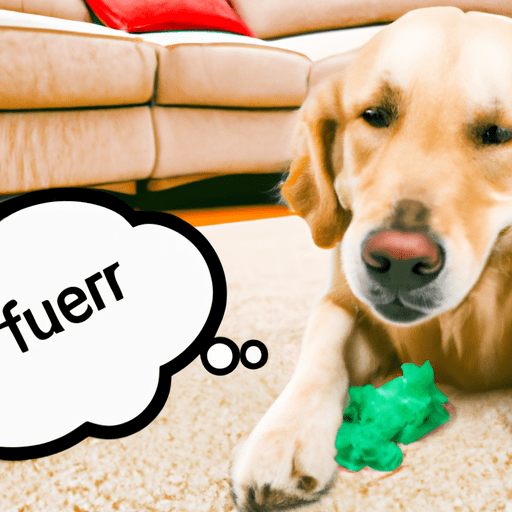“`markdown
Why Do Dogs Rub Their Face on the Floor?
As a caregiver to your furry friends, understanding their behaviors is key to ensuring their health and happiness. One common yet mysterious behavior is when dogs rub their face on the floor. Let’s delve into the reasons behind this behavior.
1. Allergies
Just like humans, dogs can develop allergies to a variety of things. Environmental allergens, such as pollen or dust mites, can cause itchy skin and make your dog rub their face on the floor as a way to relieve the itch.
Common Dog Allergens:
- Pollen
- Dust mites
- Mold spores
- Certain foods
- Fleas and flea-control products
If you suspect that your dog has allergies, consult with a vet. They may recommend antihistamines or other treatments to alleviate the symptoms.
2. Parasites
Parasites such as fleas or mites can cause severe itching and discomfort. Your dog may rub their face on the floor in an attempt to get rid of these pesky intruders.
Signs of Parasitic Infestation
- Excessive scratching
- Redness or inflammation
- Hair loss
- Bumps or sores
If you notice these signs, it’s crucial to visit the vet immediately for proper treatment.
3. Dental Problems
Dogs can experience various dental issues, such as tooth decay, gum disease, or oral injuries. These can cause discomfort or pain, leading your dog to rub their face on the floor.
Regular dental check-ups and proper oral hygiene can prevent these issues and ensure your dog’s dental health.
4. Behavioral Reasons
Sometimes, dogs rub their face on the floor for behavioral reasons. It can be a way to mark their territory, or they may enjoy the physical sensation.
5. Anxiety or Stress
Just like humans, dogs can experience stress and anxiety. They might rub their face on the floor as a coping mechanism.
Ways to Help Your Dog Deal with Stress:
- Provide a safe, quiet space for them to retreat
- Maintain a regular routine
- Use toys or treats to distract them
- Consult with a vet or a pet behaviorist if the anxiety persists
FAQs
Q1: How do I know if my dog’s face-rubbing is a cause for concern?
If the behavior is accompanied by other signs of distress (like redness, bumps, hair loss, or changes in eating habits), or if it becomes more frequent or obsessive, it’s a good idea to consult a vet.
Q2: Can I prevent my dog from rubbing their face on the floor?
Prevention largely depends on the underlying cause. Regular vet check-ups, proper grooming, and maintaining a clean environment can help prevent potential triggers.
Q3: How can I soothe my dog’s itchy face?
Depending on the cause, you may use hypoallergenic wipes, special shampoos, or prescribed medications. Always consult with a vet for the best course of action.
Remember, understanding your dog’s behavior is a vital part of providing the best care for them. Always keep an eye on any unusual behavior and don’t hesitate to seek professional help when needed.
“`



